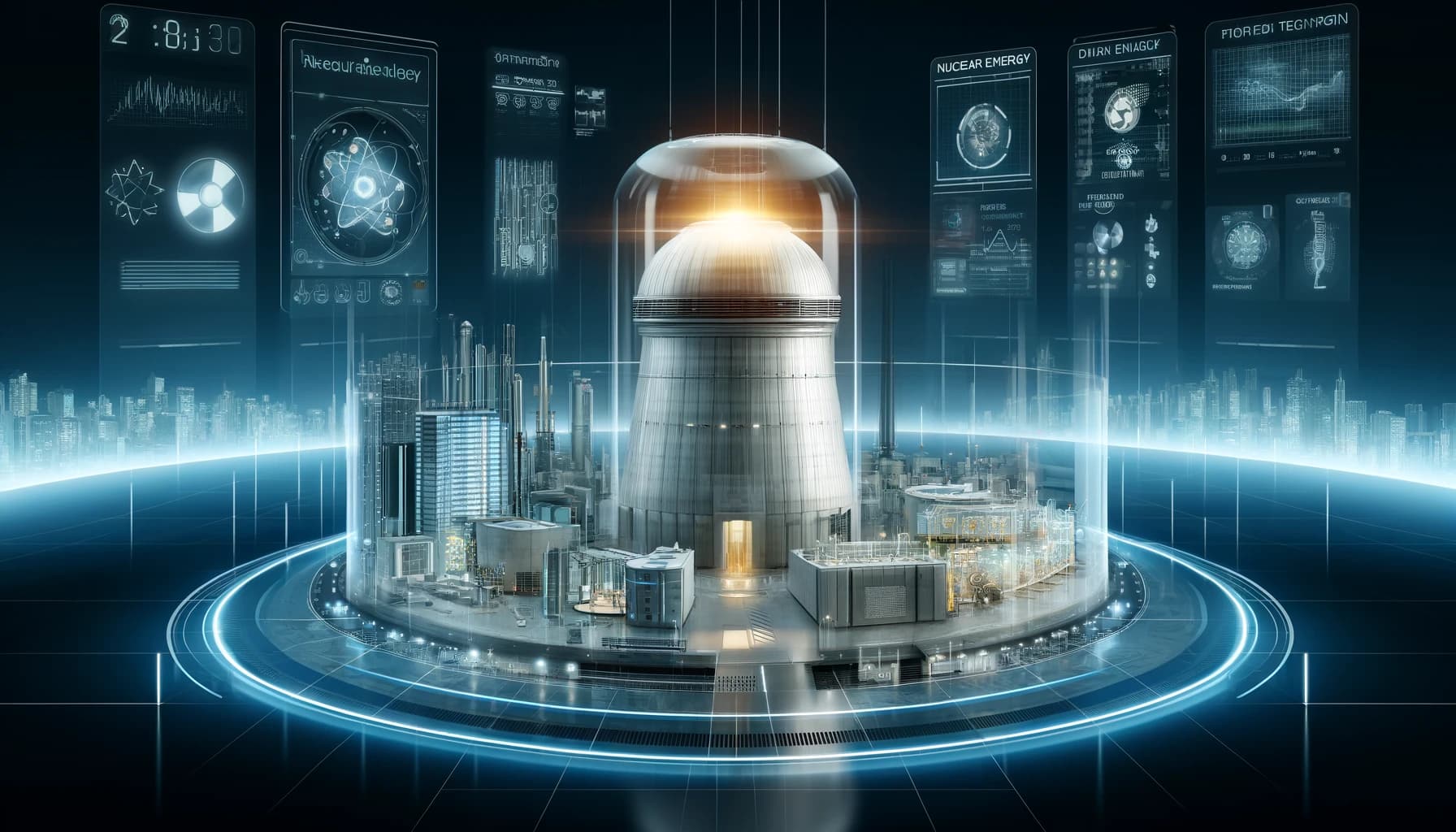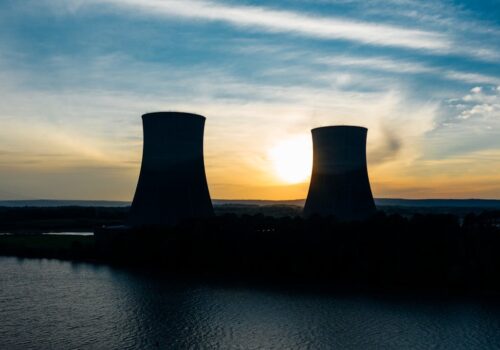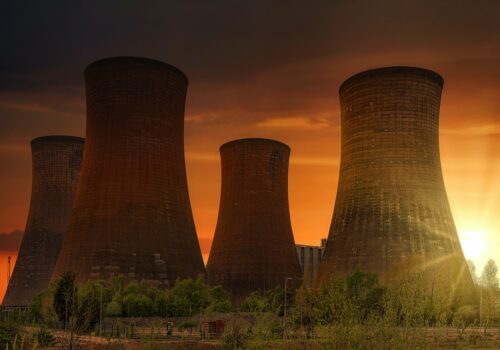Exploring the Future of Nuclear Energy
Nuclear power has been an important topic of discussion for decades, offering a potential solution to meet the world’s growing energy needs and address climate change. This article discusses the current state of nuclear power, its benefits, potential challenges, and future prospects.
Historical Development of Nuclear Energy
The path of nuclear energy began in the mid-20th century, marked by significant scientific breakthroughs and technological innovations. The discovery of nuclear fission in 1938 by Otto Hahn and Fritz Strassmann laid the foundation for the development of nuclear reactors. The first controlled nuclear chain reaction, performed by Enrico Fermi and his team in 1942, was a turning point in the history of nuclear power.
After the Second World War, the focus shifted from military applications to civilian use of nuclear energy. The establishment of the first commercial nuclear power plant in Obninsk, Russia, in 1954 demonstrated the potential of nuclear energy for electricity generation. This was followed by the commissioning of numerous nuclear power plants around the world, especially in the United States, Europe and Japan.
Current State of Nuclear Energy
Nuclear energy is obtained from the nucleus of atoms through processes such as fission and fusion. It is a highly efficient energy source that produces significant amounts of electricity with relatively low greenhouse gas emissions compared to fossil fuels. Many countries have invested in nuclear power plants to diversify their energy portfolio and reduce their carbon footprint.
Today, nuclear power provides approximately 10% of the world’s electricity supply, with more than 440 operating reactors in 30 countries. It is a cornerstone of the energy mix in several countries, providing a reliable and stable energy supply. Countries such as France, which receives about 70% of its electricity from nuclear power, are examples of the potential of this energy source to meet a significant part of national energy needs.
The role of nuclear power in reducing carbon emissions is increasingly recognized as countries strive to meet international climate goals. Unlike fossil fuels, nuclear power plants do not emit carbon dioxide during operation, making them an important component of the transition to a low-carbon energy system. For example, in 2020, nuclear power prevented the emission of approximately 2.5 billion tons of CO2 globally, which underscores its significant environmental benefits.
Advantages of Nuclear Energy
One of the main advantages of nuclear power is its ability to generate large amounts of electricity with minimal environmental impact. Unlike fossil fuels, nuclear power plants do not emit carbon dioxide during operation, making them an attractive option for mitigating climate change. In addition, nuclear power provides a stable and reliable energy supply, which is crucial for meeting the constant energy needs of modern society.
Challenges and Issues
Despite its advantages, nuclear power faces a number of challenges. The construction and maintenance of nuclear power plants is expensive and time-consuming. In addition, the management of nuclear waste remains a major challenge, as it requires safe and long-term storage facilities. Safety is another important issue, as potential accidents, although rare, can have catastrophic consequences.
Future Prospects
The future of nuclear power looks promising due to technological advances and growing global recognition of its benefits. Innovations such as small modular reactors (SMRs) and thorium reactors are being explored to address some of the current challenges. In addition, nuclear fusion, which promises even greater efficiency and safety, is a central focus of ongoing research and development.
List of Key Points:
- Nuclear energy is highly efficient and produces low greenhouse gas emissions.
- Provides a stable and reliable power supply.
- Challenges include high costs, waste management, and safety concerns.
- Technological advancements are crucial for the future of nuclear energy.
Comparison Table:
| Aspect | Fossil Fuels | Nuclear Energy |
| Efficiency | Moderate | High |
| Greenhouse Gas Emissions | High | Low |
| Cost | Low to Moderate | High |
| Safety | Moderate | High (with risks) |
FAQs
1. What are the main benefits of nuclear energy?
Nuclear energy offers high efficiency and low greenhouse gas emissions, making it a crucial player in addressing climate change. It also provides a reliable and stable power supply.
2. What are the main challenges facing nuclear energy?
The main challenges include high construction and maintenance costs, nuclear waste management, and safety concerns related to potential accidents.
3. How can technological advancements improve nuclear energy?
Technological advancements such as small modular reactors (SMRs) and thorium reactors can help address current challenges. Ongoing research in nuclear fusion also holds promise for the future.
4. Can nuclear energy be a part of the solution to climate change?
Yes, nuclear energy can significantly contribute to reducing greenhouse gas emissions and providing a stable energy supply, making it an important part of the climate change solution.
For more information on coding with Git and GitHub, visit this guide.
Additionally, learn how to speed up your Java learning with resources available here.




